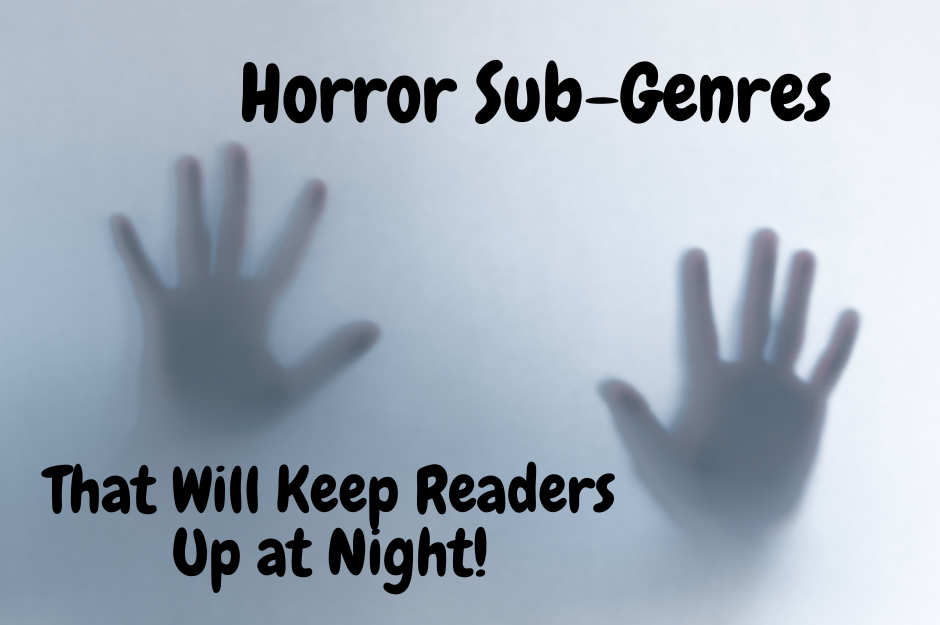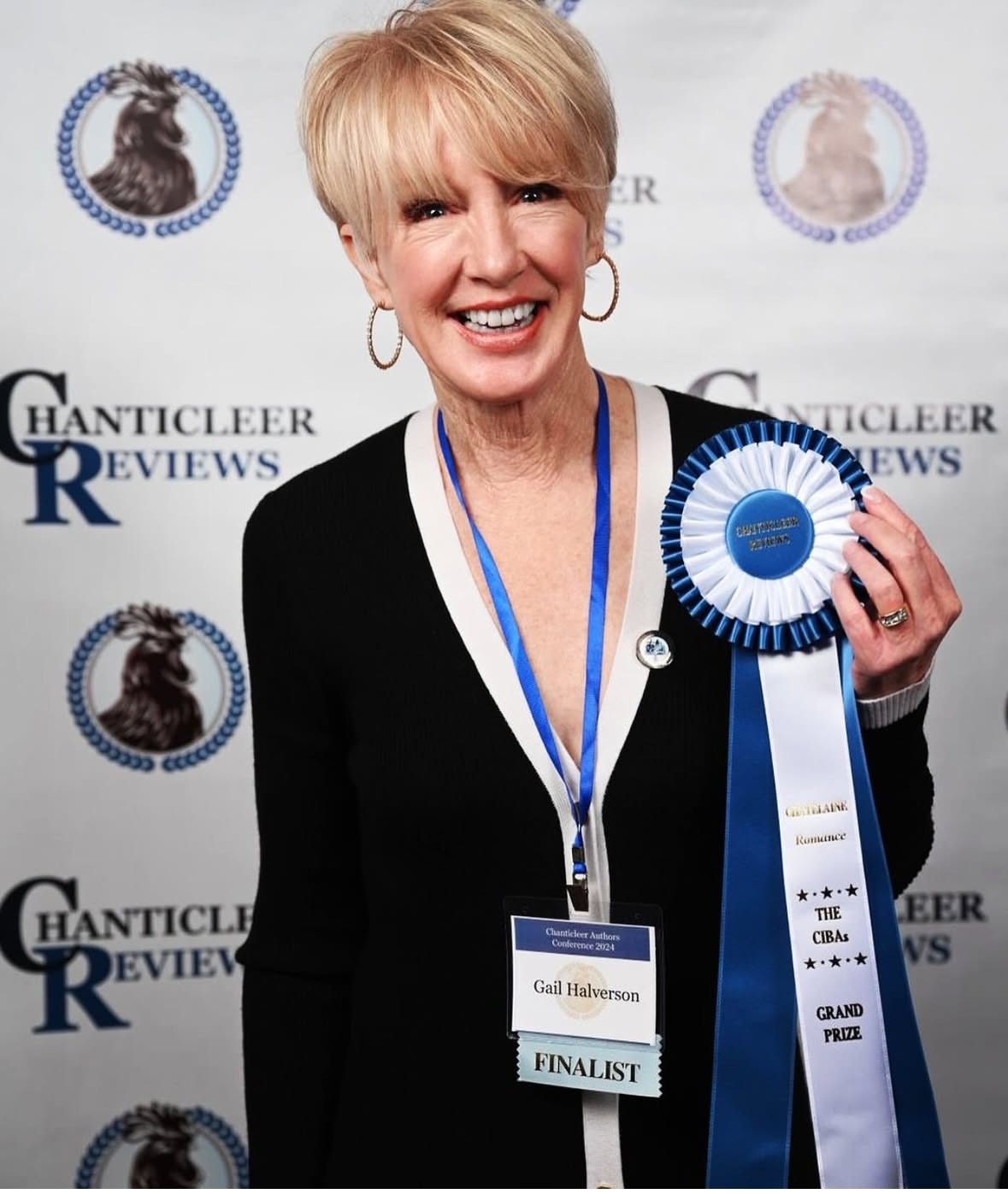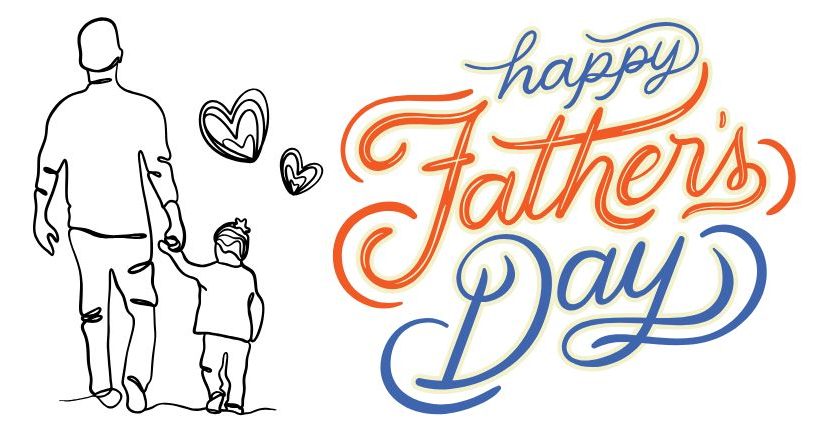|
Listen to or download this article:
|

First, let’s address the question of
“How is Book Publicity Different than Book Marketing?”
Generally speaking, marketing involves spending dollars for ads, promotions, events, swag, etc. where publicity is trying to connect people with the author.
If something organic works publicity-wise, then perhaps consider spending marketing dollars (and time) to amplify the results.
MARKETING is about CONVERSIONS.
PUBLICITY is about EXPOSURE and BUILDING CREDIBILITY.
Another way to think of the difference is that publicity is more like hashtags in social media while marketing would be more like purchasing ad directed toward people/platforms that using those hashtags.
Publicity helps marketing direct campaign dollars. Publicity should help you target your marketing dollars.
Authors should try to zero in on what their potential readers could look like and which outlets are the best for reaching those targets. Sometimes (more often than not), going in deep (some say guerilla marketing) towards a specific target audience for podcasts, blogging, and events (publicity) and then expanding the spheres if a strategy that works (marketing).
Marketing campaigns can happen at any time for almost any product (books are products).
However, publicity campaigns cannot. Publicity campaigns need to be news worthy! And your book’s most newsworthy event is its launch.
 Create a solid PLATFORM from which to LAUNCH
Create a solid PLATFORM from which to LAUNCH
- A Website that echoes your branding along with how to connect and contact you.
- Branding – your author brand for the genre that you are writing in
- Social Media – again, posts and backgrounds should echo your author brand and book storyline. Give social media posts time to percolate. It takes time to build transaction. Keep at it! Be sure to use hashtags and tagging for cross-promotion.
- Pre-launch book reviews (the cornerstone of your marketing & publicity strategies
- Pre-launch book blurbs from peer authors and authors up the “food chain” from you.
- Business cards – that projects your brand along with website address, social media handles, email address, and any other means of connecting with you.
NOTE: Make sure that you reserve a different email address for your one-to-one business correspondence that you can make known after initial contacts to avoid SPAM. For business cards, perhaps: Author@BestBookEver.com instead of LastName@BestBookEver.com
- Press & Media kits – for those entities that want to promote your book! A media kit is a collection of materials that you can send to journalists, bloggers, and other media outlets, and even other author’s newsletters. It should include your book’s cover, blurb, author bio, and any other relevant information.
- Determine the best SEO, Meta-Data, Targeting, ISBNs, etc. for your book to be discovered digitally and on the global market. * See Item 4 Book Reviews.
Launching – Probably the Most Useful Tactic to Create Book Buzz
Are Launch Dates Important? A resounding YES!
Launch dates hold immense potential in creating a buzz around your book. Here’s how to make your book’s launch effective:
- Designate a launch date at least six months before publication. It takes time to coordinate:
- Launch parties (and, yes, you may have more than one). Consider having launch parties in bookstores, local book clubs, private parties, events that your potential readers might attend, clubs, and organizations. Consider your sphere on influence.
- Also, launch digital, print, audio, omnibuses, and foreign releases separately. However, the first launch party is main event.
- Signings, targeted events, refining your website, develop branding, obtain advanced reviews with ARCs, build excitement via podcasts, blogs, virtual events, etc.
- Enter your work into award programs
- Send out invitations to all the events, create social media events, ZOOM events, In Real Life Events.
- There are certain promotions, that can only happen before a book is published. New books and book launches are newsworthy only if promoted before publication date. There is only so much even a professional book publicist can do after the book has been published.
- Be selective with your launch date(s). Make sure that they don’t conflict with major holidays or busy seasons. Is your work a beach read? Or a cozy fall mystery? A chilling Nordic thriller? Or a romance? Or historical fiction (release on an important date related perhaps). New Year reads for Self-Improvement? My rule of thumb is try not to release/debut books from November 1 until December 31st. Even if you book is only six weeks old, it will be considered a year-old in the upcoming new year by most of the publishing and book industries.

Food for Thought: Think how you would react to a “wedding invitation” versus a “wedding announcement.” One is inviting you to share in the celebration itself. Sometimes with a “Save the Date” announcement to build excitement and to help people with scheduling time to take part. Think about how special the invitation and the “Save the Date” announcements make you feel. Remember, the last time one of your author friends invite you at the last minute – day of or the day before – to join them at a book event, but you already had made plans. A wedding announcement (akin to you telling people about your book being published) is a “has been” event.
Collaboration takes time.
Just because your work is ready to publish, doesn’t mean that you should. My advice (and that of book publicists and traditional publishers) is to wait until you have your launch date and preparations underway.
Snowflakes and Books
- Book publicity campaigns are like snowflakes. No two are ever alike.
- Promoting a children’s book is different than promoting a young adult book, or a How-To or Self-Help Guide, or a cozy mystery, or science fiction.
- This circles back around to identify and then knowing and understanding your targeted readers for your book. And, no, it isn’t “everybody” will want to read my book.
- Collaborate and Follow Other Authors in Your Book’s Genre. Discover what they are doing to promote their books.
READERS
Identify Who your readers are, which can be different than Who makes the purchase. For an example: Children’s books are not purchased by children. Or would your books make a great gift? Or those who are rabid fans of a genre (Sci-Fi, Fantasy, etc.) looking for the next series.
Then discover Where They Hang Out (Facebook? TikTok? Instagram? Podcasts? YouTube? Magazines? Hobby Hangouts? etc.)
When are the times when purchases are made for your books? Is it a summer read? A hunker down Fall & Winter read? A holiday read? Gail Noble-Sanderson’s Lavender Series (historical fiction) books sell exceedingly well during lavender season. I read Michelle Cox’s “A Spying Eye” novel based in Strasbourg in the Henrietta and Inspector Clive series while on vacation in Strasbourg. How fun was that!
INFLUENCERS
- Who are the influencers of your genre?
- Who are the top ten authors in your genre?
- Who are the non-book influencers of your genre? (Book clubs? Bloggers? Reviewers? Book-Tok?)
- Who are you considering to request book blurbs and peer reviews from?
CORNERSTONES – A Review
- Author Branding across all media (website, social media, in-person events, podcasts, Zoom calls, book clubs)
- Reviews:
- Start with a manuscript overview prior to editing
- Editorial Reviews
- Peer Reviews
- Editorial Reviews and Peer Reviews Lead to More Consumer Reviews
- Compelling Website – that is dedicated to your author brand/books. Remember all digital roads (social media campaigns, blogs, podcasts, etc.) should lead back to YOUR website – not Amazon.
- Collect emails so you can stay in contact with your potential readers and fans.
- Links to selling platforms?
- Newsletter, blog, information sharing (where people can connect with you – at conferences, conventions, author signings, wine tastings, presentations, etc.) Where you have been and where are you going.
- ENGAGE! Blogging? Newsletters? Book Clubs? Author Events? How are you going to interact with potential readers?
- How is a best-seller in your genre marketed? Not that you need to copy, but to become more aware of different strategies.
Tips and Reminders for Generating Publicity for Your Book
If you’re an author, you know that getting your book noticed can be tough. But there are a few things you can do to increase your chances of success. One of the most effective ways to generate publicity for your book is to use a simple, direct, and conversational writing style.
Here are a few tips for using this writing style to generate publicity for your book:
- Start early. The best time to start generating publicity for your book is as soon as you finish writing it. This will give you plenty of time to build excitement and anticipation for your book’s release.
- Create a media kit. A media kit is a collection of materials that you can send to journalists, bloggers, and other media outlets. It should include your book’s cover, blurb, author bio, headshot and photo reflecting your author brand, along with any other relevant information, affiliations, and events.
- Reach out to influencers. Influencers are people who have a large following on social media or in their industry. They can be a great way to get the word out about your book.
- Host events. Hosting events, such as book signings or launch parties, is a great way to connect with potential readers in person.
- Use social media. Social media is a powerful tool that you can use to promote your book. Make sure to post regularly about your book, and interact with your followers.
- Enter Book Awards for accolades along with third-party validation and promotional opportunities that you can cross-promote.
- Be patient. It takes time to generate publicity for your book. Don’t get discouraged if you don’t see results immediately. Keep at it, and eventually you’ll start to see your book gain traction.
Every reader counts. Each and every review counts. You only get one launch per book. Make it count!
As a company frequently used by book publicists, Chanticleer has an insider’s view of the industry to discover expert tips that will help set your book up for success!
More that 2,000 new titles are published in the English language each and every day. However, most authors will not make the time or effort to effectively publicize and market their works. Make your work standout in a crowded field. It can be done!
Keep on writing. Kiffer










Leave A Comment